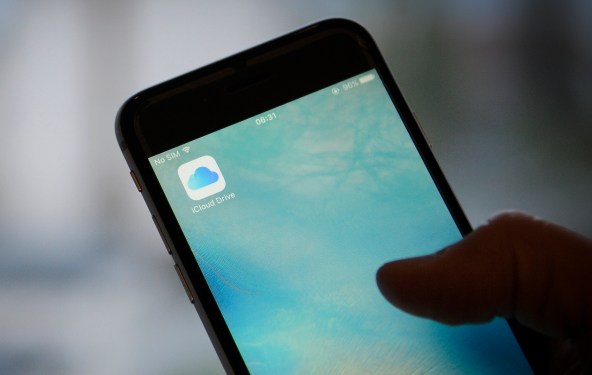The U.K. government is continuing its efforts to gain access to encrypted iCloud data. According to a report, British officials have filed a new secret order demanding that Apple build a backdoor.
The British newspaper reported that the U.K. Home Office sent an order to Apple earlier in September. This order requested that the tech giant create a system to let officials access the encrypted cloud backups of British citizens.
Privacy activists have warned that complying with such an order would be a mistake. They state it is something that would impact the privacy of users worldwide.
When reached via email, Apple’s spokesperson Julien Trosdorf did not comment on the reported existence of a second order. However, he said the company was gravely disappointed that it cannot offer Advanced Data Protection to users in the country. This is an opt-in feature that allows users to make their iCloud backups end-to-end encrypted so that not even Apple can access the data.
A spokesperson for the U.K. Home Office did not respond to a request for comment.
This is the second time that the U.K. government has sent Apple what is called a technical capability notice. The first order was issued in January. At that time, the U.K. Home Office was seeking access to cloud-stored backups of any Apple user account worldwide that was protected by Advanced Data Protection.
That first order was made under the U.K.’s Investigatory Powers Act 2016, which is also known by critics as the Snoopers’ Charter. It forced Apple to turn off the ability to enroll in Advanced Data Protection for new users in the U.K. The company eventually had to disable it for existing users as well.
Apple said at the time that it has never built a back door or master key to any of its products or services and never will.
That previous effort by the U.K. government apparently failed. It was reported that the U.S. National Intelligence Director announced the British government had dropped the request after negotiations with the administration.
Apple reportedly challenged the legal demand in court. The court then ruled that the process should not be held in secret.
This story has been updated to include comment from Apple’s spokesperson.

